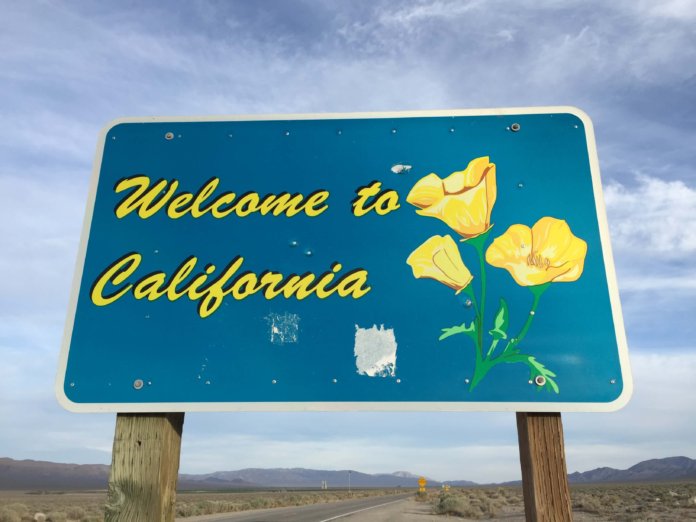The California Air Resources Board has approved a $663 million low-carbon transportation plan to increase the use of clean cars, heavy-duty trucks, buses and freight equipment. According to CARB, the funding will help the state cut climate-changing gases while promoting technologies that reduce harmful diesel emissions, particularly in disadvantaged and low-income communities.
“This investment will continue to drive the market for new vehicle technologies and put more ultra-clean and zero-emission trucks, buses, and cars into the communities across California that need them the most,” says CARB Chair Mary D. Nichols.
The plan allocates $398 million to incentivize clean heavy-duty trucks, buses and freight projects, including $190 million for advanced-technology freight equipment such as yard trucks, forklifts and cranes. The majority of funding for the Fiscal Year 2017-18 plan comes from California’s cap-and-trade auction proceeds.
While diesel trucks account for only 2% of vehicles in the state, they emit the majority of the smog-forming pollution and two-thirds of all diesel soot, according to CARB. In 1998, California identified diesel particulate matter as a toxic air contaminant based on its potential to cause cancer, premature death, and other health problems.
CARB notes there are now more than 20 manufacturers offering 60 eligible models of hybrid, low-NOx, and zero-emission trucks and buses – companies like BYD, Complete Coach Works, Efficient Drivetrains Inc., El Dorado, Gillig, Motiv Power Systems, New Flyer, Proterra and TransPower. The overall number of companies involved in building clean trucks and buses in California has been growing rapidly over the past several years, creating jobs in the state.
The plan continues CARB’s efforts to put more clean vehicles in disadvantaged communities, while promoting technologies that can reduce harmful effects of fossil fuel emissions across California. Investments range from supporting increased numbers of zero-emission heavy-duty trucks and buses, and zero- and near zero-emission freight facilities, to rebates for the cleanest passenger cars.
Heavy-Duty Vehicles and Off-Road Equipment
- $188 million to promote the sale of clean trucks and buses through voucher incentives, driving the continued deployment of hybrid, low-NOx (nitrogen oxides), and zero-emission trucks and buses.
- $190 million for advanced-technology freight-related investments that will bring the cleanest vehicles and equipment to California’s most impacted communities, transportation corridors and freight hubs.
- $20 million to make loans for clean trucks more widely available.
Passenger Vehicles and Transportation Equity
- $140 million to the Clean Vehicle Rebate Project, which offers up to $5,000 in vehicle rebates for the purchase or lease of new, eligible zero-emission and plug-in hybrid vehicles.
- $125 million to transportation equity projects focused on disadvantaged communities and low-income consumers. These include programs to scrap and replace older vehicles with up-to-date clean cars, cleaner school buses, and more electric car-sharing projects in disadvantaged communities.
California has set ambitious goals to reduce climate-changing gases, improve air quality, and reduce petroleum dependency. To meet these goals, CARB says it uses incentives to speed up development and early commercial deployment of technologies for the cleanest cars and trucks.
While the incentive funding largely comes from the state’s cap-and-trade program, other funding is provided by the state’s Air Quality Improvement Program, the Volkswagen diesel emissions cheating scandal settlement and the new Zero- and Near-Zero Emission Warehouse Program.
These investments support the emission reduction goals of the California’s 2017 Climate Change Scoping Plan, State Implementation Plans and the California Sustainable Freight Action Plan.




